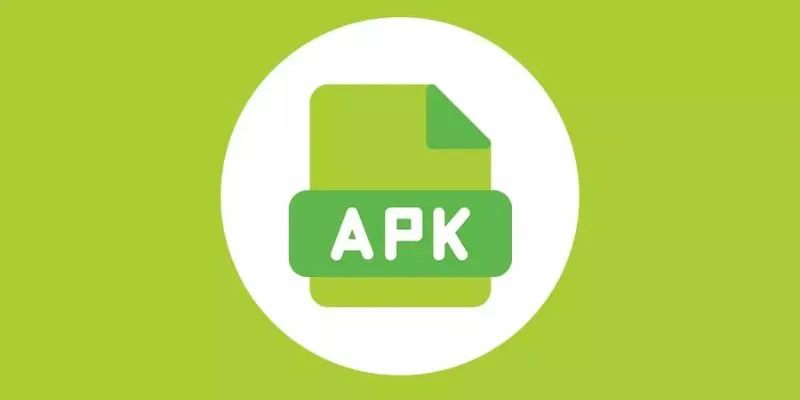Hibernate is an open-source Object-Relational Mapping (ORM) framework for Java programs. It simplifies database interactions through mapping Java classes to database tables, permitting developers to control records using high-level object-oriented programming concepts instead of complicated SQL queries. Participating in Hibernate Training in Chennai can deepen your understanding of this framework and enhance your skills in efficient database access and management, making it easier to implement Hibernate’s rich set of features. Developed by Gavin King in 2001, Hibernate has become one of Java’s most popular ORM solutions, providing a rich set of functions for efficient database access and control.
What Is JDBC?
Java Database Connectivity (JDBC) is a wellknown API provided through Java for connecting and executing database queries. It defines how a customer may additionally access a database and presents methods for querying and updating facts in a relational database. JDBC drivers permit Java programs to speak with various databases, making them vital for database interplay in Java packages.
Challenges with JDBC
While JDBC serves as a foundation for database get admission to in Java, it provides numerous hurdles for builders. Let’s delve deeper into these demanding situations and recognize how Hibernate addresses them:
Manual SQL Coding
Writing complicated SQL queries can be tedious, particularly for complex operations involving joins, aggregations, or filtering. To mitigate these challenges, enrolling in SQL Training in Chennai can provide you with the skills to write efficient queries and understand best practices, helping you avoid common pitfalls. Even minor typos or syntax errors in SQL statements can cause runtime exceptions, requiring debugging and potentially halting application development.
Database Dependency
JDBC code turns into tightly coupled to the precise structure and syntax of the goal database, making it inflexible whilst switching to a exceptional database machine. Modifying tables, columns, or facts types frequently necessitates full-size code adjustments for the duration of the utility.
Error Handling
JDBC calls for developers to handle database-associated errors and exceptions manually. This consists of catching potential problems like connection screw ups, facts kind mismatches, or constraint violations. Manually writing errors-dealing with code becomes repetitive and adds boilerplate common sense to the utility.
Object-Relational Impedance Mismatch
Translating between object-oriented standards in Java and the relational model of databases can take time and effort. JDBC does not offer integrated mechanisms for mapping Java objects to database tables and vice versa. This is why taking Core Java Training in Chennai can be beneficial, as it provides a strong foundation in Java concepts and helps developers understand how to effectively bridge these paradigms, reducing development complexity. Developers need to write custom logic to transform data between these paradigms, increasing development complexity.
Here’s how Hibernate tackles those challenges:
- Automatic SQL Generation: Hibernate routinely generates the essential SQL queries based totally on item operations like creating, retrieving, updating, or deleting information. This eliminates the want for manual SQL coding, lowering development time and minimizing potential mistakes.
- Object-Relational Mapping: Hibernate maps Java classes to database tables and objects to rows. This lets in builders to work with gadgets they recognize rather than writing uncooked SQL, simplifying information staying power logic.
- Database Independence: Hibernate packages rely less on particular information of the underlying database schema. They engage with distinct databases the usage of wellknown interfaces and configurations, improving code portability.
- Built-in Exception Handling: Hibernate presents exception dealing with mechanisms to control database mistakes gracefully. It throws specific exceptions that builders can catch and handle correctly, enhancing code maintainability and robustness.
By addressing those demanding situations, Hibernate offers a more green and developer-friendly approach to database interplay in Java packages.
The Need for Hibernate Framework
The barriers of JDBC necessitate a more efficient way to engage with databases. Hibernate addresses these problems by providing a high-level framework that abstracts the underlying database interactions. Enrolling in a Training Institute in Chennai can enhance your understanding of Hibernate and its features, enabling you to effectively map Java objects to database tables and leverage its capabilities. By mapping Java objects to database tables, Hibernate eliminates the need for most boilerplate code, reduces errors, and simplifies database operations. It also ensures database portability and supports complex query management through HQL (Hibernate Query Language).



